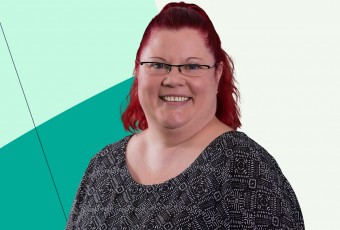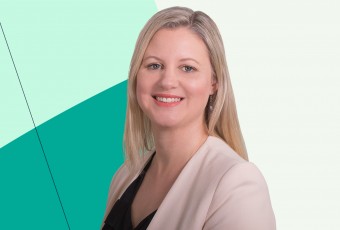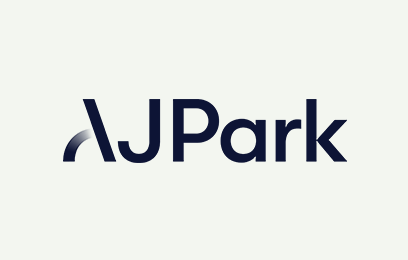If you were to believe a recent article published in a well-known UK tabloid, Meghan and Harry’s dreams of protecting their trade mark ARCHEWELL have been crushed. Some newspapers are reporting that their ’patent‘ has been rejected, mixing up terminology which, for an IP lawyer, is unforgivable.
Of course, the truth is a little less dramatic.
Yes, their trade mark application for ARCHEWELL in the United States has been examined. No, it hasn’t been rejected. Rather, an examiner has reviewed the application and issued an examination report drawing attention to a number of formalities issues that need to be addressed before it can be accepted. More often than not, this will involve a simple paper exercise.
Trade mark applications in the US must satisfy several formalities requirements. In this case, the examiner has highlighted that the applicant – Cobblestone Lane LLC, the company that will own the IP assets for Meghan and Harry’s charitable foundation Archewell – has not signed the application. To rectify this, Cobblestone can simply submit an affidavit confirming the company has a bona fide intention to use the trade mark and is entitled to use the trade mark.
The examiner has also raised a few concerns regarding the wording of the goods and services covered by the trade mark application. Trade marks are registered in relation to specific goods and services. Goods and services fall within different categories. There are 45 categories or ‘classes‘ under the international trade mark classification system. However, the wording of the goods and services (the ‘specification‘) must adhere to local classification guidelines as well. In New Zealand, trade mark applications are generally allowed to adopt broad wording like ‘dairy products‘. In the US, specifications must be more specific, like ‘dairy products, namely, milk and cream’.
Unfortunately, the wording of the ARCHEWELL specification is currently too broad. The good news is that Meghan and Harry can simply amend the specification in line with US guidelines and narrow the list of goods and services down or adopt alternative wording that is acceptable.
So, Meghan and Harry’s trade mark strategy probably does not deserve the public vilification it seems to be receiving. Perhaps their only crime is not hiring specialist IP lawyers when filing the application.
These developments are a reminder of the different processes and requirements that trade mark registries enforce around the world. At AJ Park, we routinely help businesses navigate these issues to minimise the risk of complications during the registration process. Our strategy is to try and avoid these sorts of hurdles altogether, as resolving them can be costly and time-consuming. Talk to us if you need help protecting your brand in the US or elsewhere.









